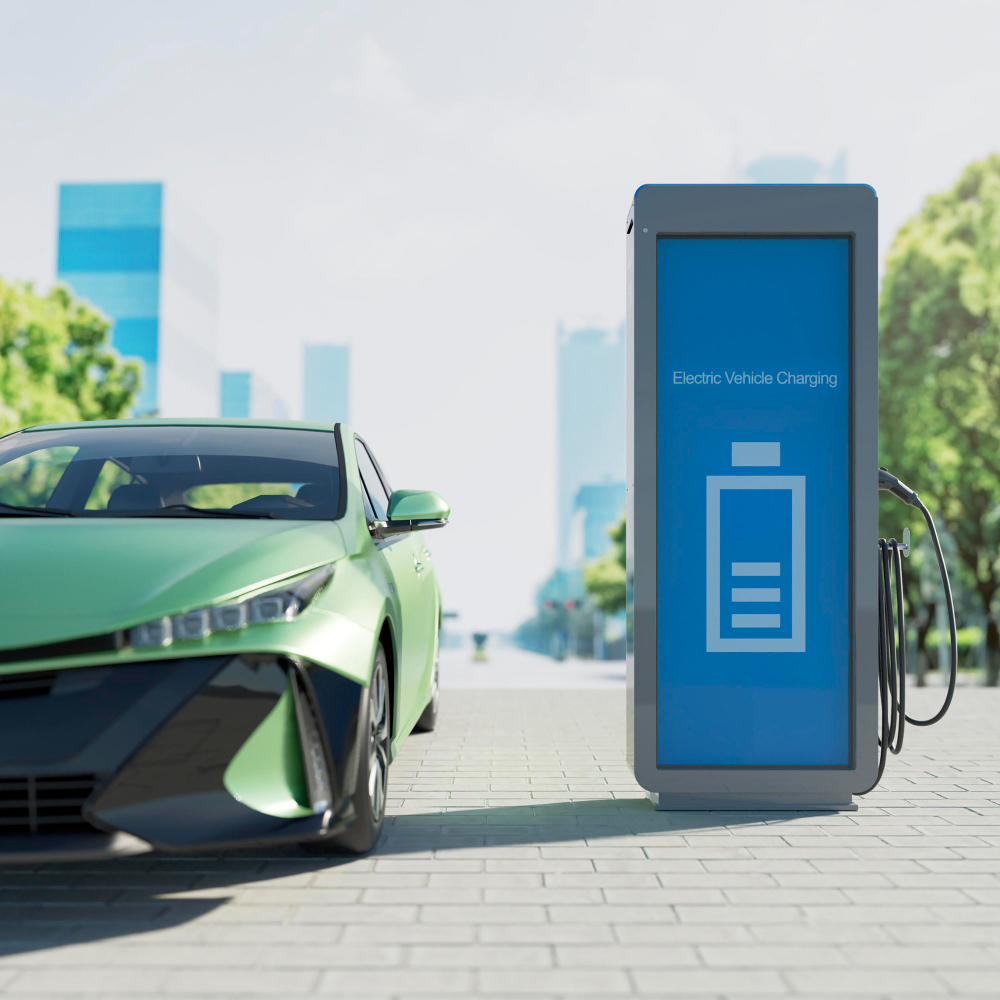How Electric Vehicles Are Better for the Environment

In recent times, there has been a notable trend towards embracing sustainability and fostering environmental awareness. One of the areas where this shift is most noticeable is in the automotive industry, with the rise of electric vehicles (EVs). These sleek and energy-efficient vehicles are not just a technological marvel; they are also much better for the environment compared to traditional internal combustion engine (ICE) vehicles. In this blog post, we will explore why evs are better for the environment, making it easier for even primary school students to understand.
What Are Electric Vehicles?
Before we dive into the environmental advantages of evs, let's first understand what they are. Electric vehicles are automobiles powered by electricity stored in batteries. Unlike traditional cars that rely on internal combustion engines fueled by gasoline, EVs use electric motors to propel them forward.
The Green Revolution of Electric Vehicles
Reduced Greenhouse Gas Emissions
One of the most persuasive arguments supporting the ecological benefits of electric vehicles is their remarkable capacity to minimize the discharge of greenhouse gases. Unlike their gasoline counterparts, EVs produce zero tailpipe emissions. This means they don't release harmful pollutants like carbon monoxide and nitrogen oxides into the atmosphere, which are major contributors to smog and respiratory diseases.
Energy Efficiency
Electric vehicles are incredibly energy-efficient. They convert a higher percentage of the electrical energy from the grid into actual movement, while conventional vehicles waste a substantial amount of energy as heat. This efficiency not only reduces the demand for electricity but also minimizes the environmental impact of energy production.
Renewable Energy Integration
EVs have the unique advantage of being compatible with renewable energy sources like solar and wind power. Owners can charge their EVs using clean energy, further reducing their carbon footprint. This synergy between clean energy sources and electric vehicles is a significant step towards a sustainable future.
Sustainable Manufacturing
Battery Technology Advancements
The heart of an ev lies in its battery, and advancements in battery technology have made EVs more sustainable. Manufacturers are now using eco-friendly materials in battery production and recycling old batteries to reduce waste. This sustainable approach minimizes the environmental impact of EV manufacturing.
Reduced Noise Pollution
Electric vehicles are notably quieter than traditional vehicles. This reduction in noise pollution has a positive impact on the environment and public health. It reduces stress on wildlife and minimizes disturbances in urban environments, contributing to a more peaceful and sustainable world.
Promoting Clean Transportation
Decreased Dependency on Fossil Fuels
The widespread adoption of electric vehicles can significantly reduce our dependency on fossil fuels. By transitioning to EVs, we can decrease the demand for oil, leading to fewer oil spills, habitat destruction, and the conservation of natural resources.
Improved Air Quality
Electric vehicles play a vital role in improving air quality in urban areas. With zero tailpipe emissions, they help reduce smog and air pollution, making our cities more livable and breathable for all residents.
Conclusion
In conclusion, evs are undeniably better for the environment. Their reduced greenhouse gas emissions, energy efficiency, sustainable manufacturing practices, and promotion of clean transportation all contribute to a greener and healthier planet. As we move forward, embracing electric vehicles is not just an option; it's a crucial step towards a sustainable future.





Leave a Reply